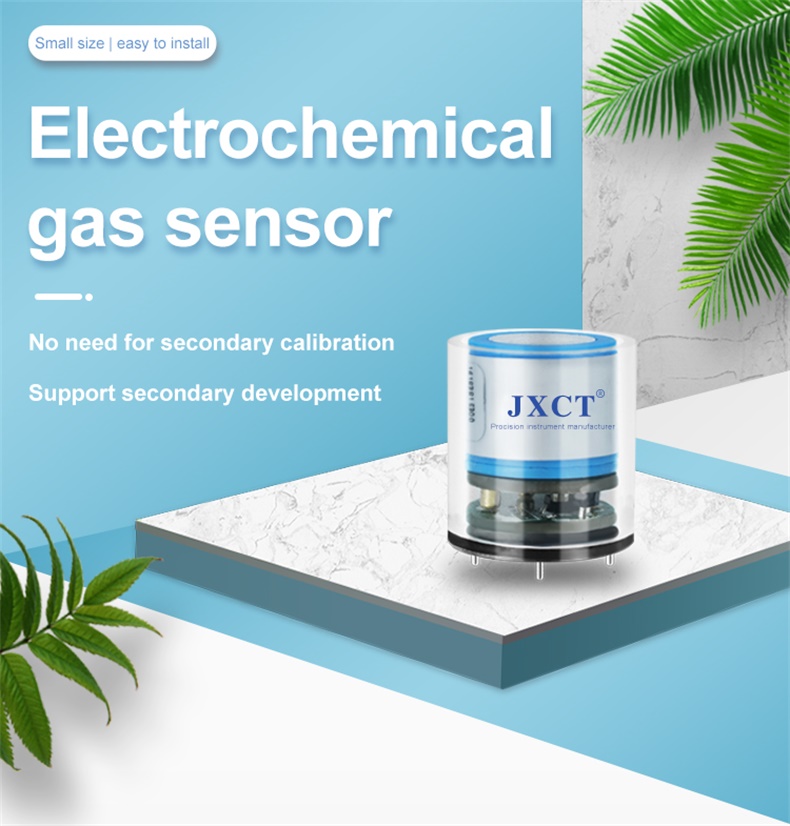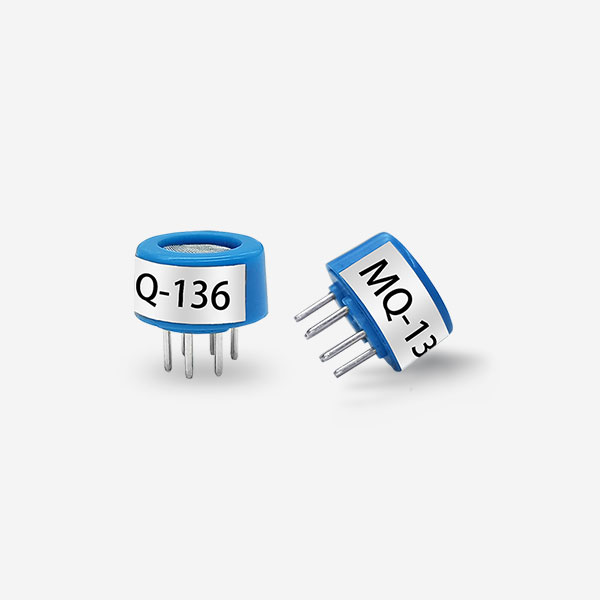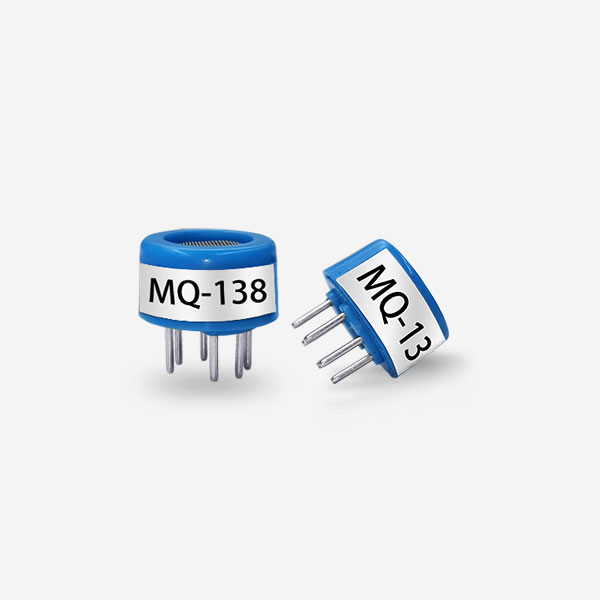Hydrogen sensor summary:
Hydrogen sensors is an intelligent gas detection module independently developed by Jingxun Changtong. Built-in high precision electrochemical sensor. Sensors can output a variety of signals, one-stop to meet diverse needs. It has the advantages of small sensor size, easy to carry, high precision and low loss. Users can use the JXCT sensor directly when they get it.
Are hydrogen tanks really safe?
At present, hydrogen storage in high-pressure hydrogen bottle is the main way of hydrogen storage in vehicle hydrogen system. The fuel cell vehicle has two hydrogen storage tanks with a pressure of up to 35-70mpa placed under and behind the rear seat cushion. There are concerns that the two high-pressure hydrogen storage tanks could rupture or even explode in a crash. Hydrogen is the lightest gas, with strong diffusion force and low gravity. We think it's safer than gasoline. We think it reduces the likelihood of accidents.

Will the hydrogen leak?
From hydrogen bottles to fuel cells, the weak links for hydrogen leaks are pipes, fuel cells and links.Therefore, we need to equip hydrogen fuel cell vehicles with leak-proof safety systems. We need to put hydrogen sensors in the hydrogen bottle and near the driver's seat. We can sense a hydrogen leak and close the solenoid valve in time. At the same time, We in order to manually cut off the hydrogen source when the hydrogen cylinder solenoid valve fails, it is usually equipped with a manual stop valve. The combination of hydrogen cylinder solenoid valve and manual stop valve can effectively avoid hydrogen leakage and improve the safety of hydrogen use.

What hydrogen sensor can fuel cell car manufacturers use to monitor hydrogen leaks? JXCT's hydrogen sensor is a good choice. The sensor has the advantages of high precision, high resolution and fast response speed.
Designed to detect hydrogen, the sensor is highly sensitive, highly selective and responsive to hydrogen in the air. It can reliably measure H2 concentration over a wide range of temperature and humidity, and its response is repeatable. We can see that in the case of hydrogen mixing with other gases, we can accurately measure the concentration of hydrogen.
 : +86 155 8830 2704
: +86 155 8830 2704 : jxdziot@gmail.com
: jxdziot@gmail.com
